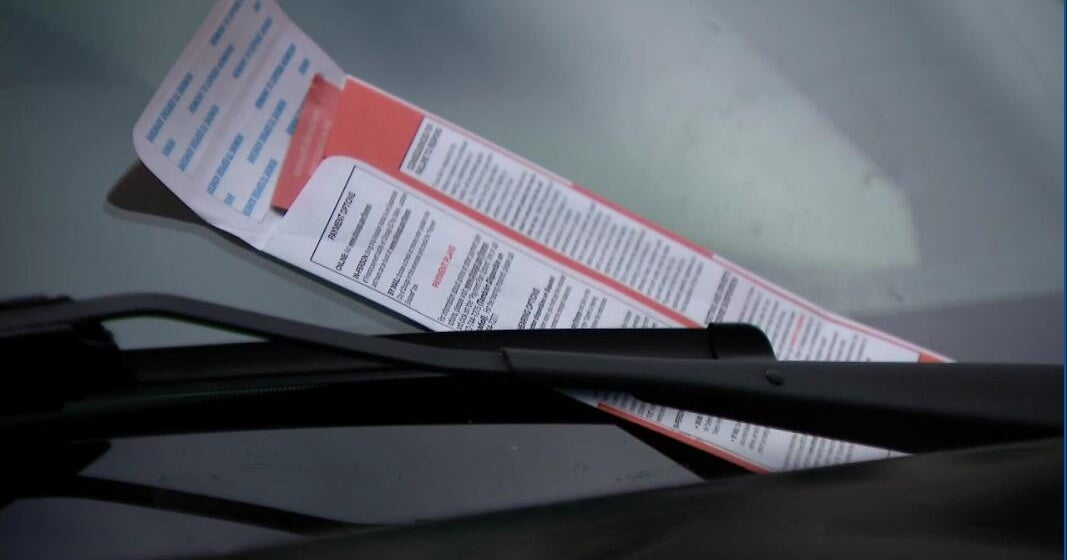Beware Of Tax Refund ID Theft
MIAMI (CBSMiami) -- Lauri King waited 50 weeks to get her IRS refund.
"Well I think it's preposterous. I really don't think it should have taken that long," said King.
And Lauri isn't alone. Kemroy Thomas is still waiting on his 2011 tax refund!
"I think we were supposed to get back like between $2-5,000," explained Thomas.
Both were victims of IRS refund fraud. It's a problem that has been spiraling out of control.
"They had used my social and filed for me," Thomas told CBS4.
According to the Federal Trade Commission, in 2010, about 15-percent of all identity theft complaints involved tax returns. In 2013, that number jumped to 43-percent.
Michael Dobzinski is with the Internal Revenue Service.
"It's a nationwide problem and certainly it affects people everywhere," said Dobzinski. "And when they go and file their tax return that's when often times is the first time they're aware that they've been affected by identity theft."
CBS4 was first to tell you how Florida inmates had cooked up a scheme to fleece taxpayers of their refunds, with checks actually being sent by the IRS to prisons! Then CBS4 reported that more th an 300,000 identity theft refunds were still waiting to be processed by the IRS. Florida's senior Senator, Bill Nelson, held hearings on the refund fraud.
"CBS Channel 4 WFOR has really made this a cause celeb as they have tried to alert people as to what is happening," declared Senator Nelson in April of last year.
In 2012, the Inspector General at the Treasury Department estimated that over the next five-years, the IRS could issue $21-billion dollars in potentially fraudulent tax refunds.
The IRS disagrees with that whopping number, but knows that much must still be done to protect honest taxpayers from fraud.
"We've assigned 3,000 employees to work just on identity theft cases alone," said Dobzinski. "Additionally, we've got another 35,000 employees that are able to take a look at cases as they come in or identify cases as they come in as identity theft."
The IRS said that most taxpayers can expect a refund within 21-days after filing electronically. New software filtering programs have also been put in place, along with a tracking program.
"The update is almost like tracking a FedEx package. It tells you your return is received, it's in process, now it's in transit, when it's going to be deposited," said Dobzinski.
In the meantime, taxpayers are urged to do their part to protect their personal information from scam artists. Other tips include: -Don't keep your social security card in your wallet -Check your credit report every 12-months -Protect your home computer with firewalls and snti-spam/virus software -Don't give personal informtation over the phone, mail or internet, unless you've initiated the contact -And don't go to a tax preparer who advertises on a telephone pole, askes you to sign a blank return or wants and upfront fee.
"I would basically go to the same person I went to last year," Shante Gill of Plantation told CBS4. "I would make sure all my confidential information is kept in a safe or kept somewhere where no one can have access to it."
Kemroy Thomas also plans to file early.
"Because if you wait, somebody else be able to take your information and your return," explained Thomas.
A good plan, but only if you are prepared.
"You should file when you have all your information. And earlier the better," conceded Dobzinski.
A portion of Senator Nelson's legislation from last year was included in the Murray-Ryan budget deal. It restricts access to the so-called "master death file" and will hopefully stop people from swiping other people's social security numbers. Meanwhile, the new IRS Commissioner has pledged to reduce the time it takes to clear up identity theft refunds from 180-days to 120-days.







